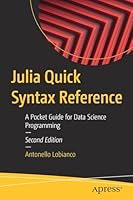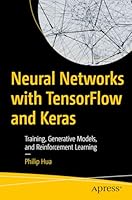
Mathematical Methods and Models in Composites, 2nd Edition
- Length: 732 pages
- Edition: 2
- Language: English
- Publisher: World Scientific Publishing Europe Ltd
- Publication Date: 2023-04-20
- ISBN-10: 1800611870
- ISBN-13: 9781800611870
Mathematical Methods and Models in Composites (Second Edition) provides an in-depth treatment of modern and rigorous mathematical methods and models applied to composites modeling on the micro-, meso-, and macro scale. There has been a steady growth in the diversity of such methods and models that are used in the analysis and characterization of composites, their behavior, and their associated phenomena and processes. This second edition expands upon the success of the first edition, and has been substantially revised and updated.Written by well-known experts in different areas of applied mathematics, physics, and composite engineering, this book is mainly focused on continuous fiber reinforced composites and their ever increasing range of applications (for example, in the aerospace industry), though it also covers other kind of composites. The chapters cover a range of topics including, but not limited to: scaling and homogenization procedures in composites, thin plate and wave solutions in anisotropic materials, laminated structures, fiber-reinforced nonlinearly elastic solids, buckling and postbuckling, fracture and damage analysis of composites, and highly efficient methods for simulation of composites manufacturing such as resin transfer molding. The results presented are useful for the design, fabrication, testing and industrial applications of composite components and structures.This book is an essential reference for graduate and doctoral students, as well as researchers in mathematics, physics and composite engineering. Explanations and references in the book are sufficiently detailed so as to provide the necessary background to further investigate the fascinating subject of composites modeling and explore relevant research literature. It is also suitable for non-experts who wish to have an overview of the mathematical methods and models used for composites, and of the open problems in this area that require further research.







